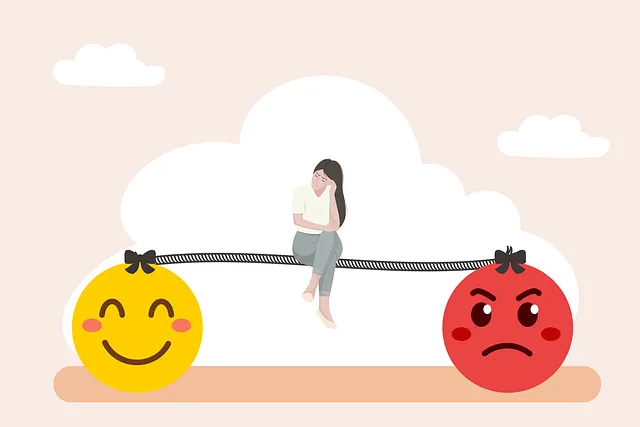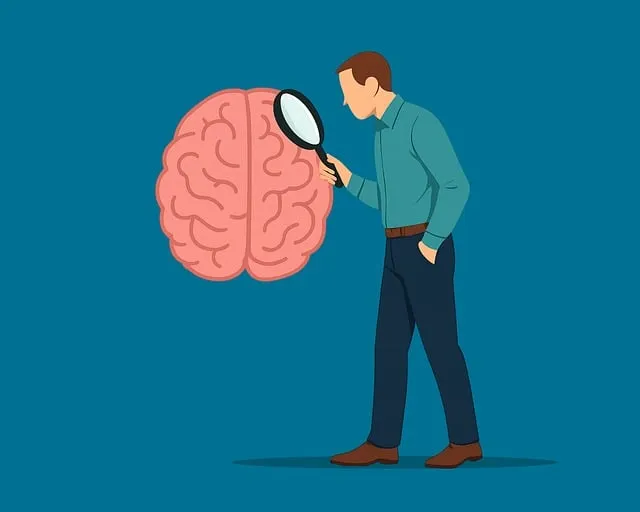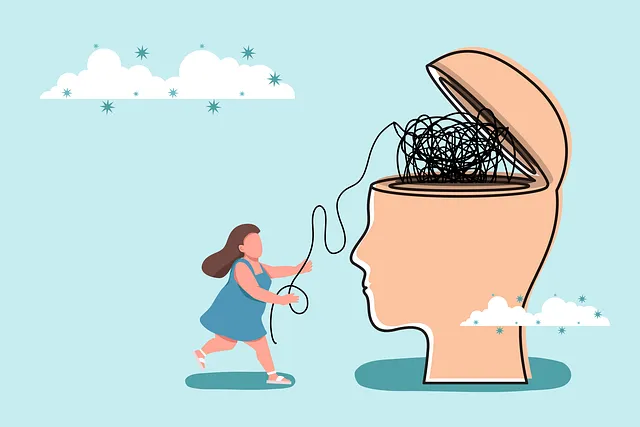Anxiety, left unaddressed, can disrupt daily life. The Boulder Kaiser Permanente behavioral health number offers professional support, emphasizing early intervention through risk assessments and evidence-based treatments like CBT for negative thought patterns. Mindfulness techniques, relaxation exercises, lifestyle changes, and community engagement are holistic approaches advocated by professionals at the behavioral health number to manage anxiety effectively, enhancing well-being and quality of life.
Anxiety is a common struggle, but managing it effectively can greatly enhance your quality of life. This guide from Boulder Kaiser Permanente behavioral health services offers a comprehensive approach to tackling anxiety. We explore essential techniques like cognitive behavioral therapy (CBT), mindfulness practices, and lifestyle adjustments to help you understand and overcome anxiety. By incorporating these strategies into your routine, you’ll gain valuable tools to navigate challenging situations and promote mental well-being. Contact Kaiser Permanente for personalized support and resources related to anxiety management.
- Understanding Anxiety: Recognizing the Signs and Symptoms
- Cognitive Behavioral Therapy (CBT): A Powerful Tool for Managing Anxiety
- Mindfulness and Relaxation Techniques to Calm Your Mind
- Lifestyle Changes and Support Systems: Building Resilience Against Anxiety
Understanding Anxiety: Recognizing the Signs and Symptoms
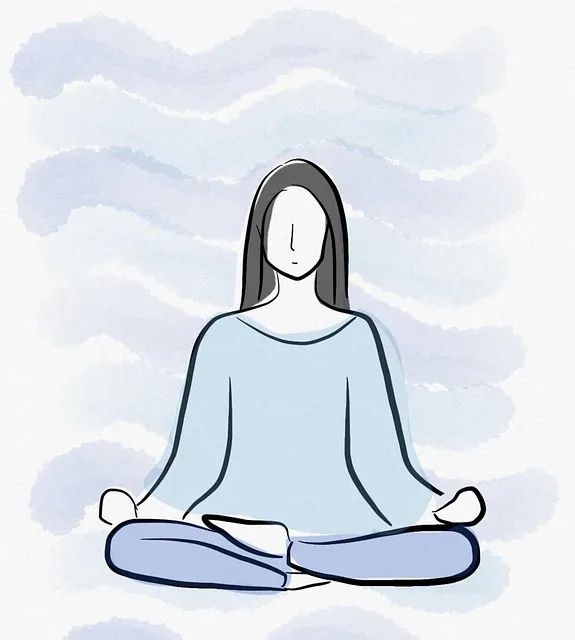
Anxiety is a normal human response to stress, but when it becomes persistent and overwhelming, it can significantly impact daily life. Understanding anxiety involves recognizing its various signs and symptoms, which range from physical sensations like rapid heartbeat and breathlessness to emotional distress, fear, and worry. It’s crucial to approach this process with the support of professionals like those available at Boulder Kaiser Permanente behavioral health number. They offer valuable resources for navigating and managing anxiety effectively.
A comprehensive risk assessment, as recommended in Mental Health Policy Analysis and Advocacy, can help identify triggers and underlying causes. This is particularly important because anxiety disorders are treatable through evidence-based practices such as therapy and Stress Reduction Methods. By seeking early intervention, individuals can prevent anxiety from escalating, improving their overall well-being and quality of life.
Cognitive Behavioral Therapy (CBT): A Powerful Tool for Managing Anxiety

Cognitive Behavioral Therapy (CBT) is a highly effective and evidence-backed approach to managing anxiety disorders. This therapeutic method focuses on identifying and changing negative thought patterns and behaviors that contribute to feelings of anxiety. By working with a qualified therapist from Boulder Kaiser Permanente behavioral health number, individuals can learn to challenge and reframe distorted thinking, thereby reducing the intensity and frequency of anxiety symptoms.
One of CBT’s strengths lies in its ability to enhance emotional intelligence and empathy building strategies. Through this process, patients develop a deeper understanding of their emotions and gain valuable tools to navigate challenging situations with more resilience. The therapist’s role is crucial in fostering cultural sensitivity within mental healthcare practice, ensuring that the therapeutic environment is safe and supportive for individuals from diverse backgrounds.
Mindfulness and Relaxation Techniques to Calm Your Mind
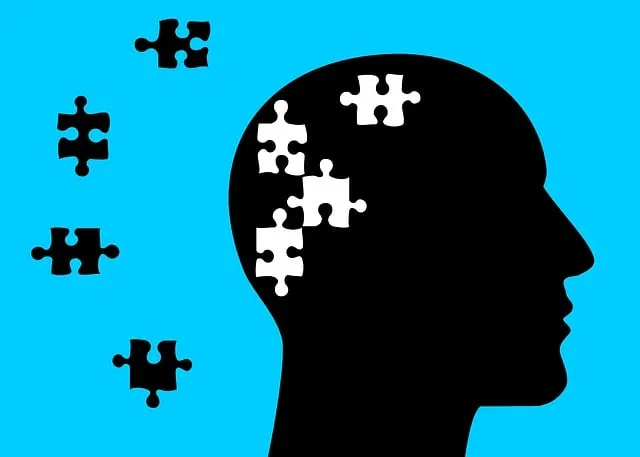
In the quest to manage anxiety, mindfulness and relaxation techniques offer powerful tools that can significantly calm your mind. Practicing mindfulness involves focusing on the present moment, accepting it without judgment, and recognizing the thoughts and feelings that arise. This simple yet profound approach helps to quiet the racing thoughts and restless emotions associated with anxiety disorders. Techniques like deep breathing exercises, meditation, and yoga are effective ways to engage in self-care practices (Boulder Kaiser Permanente behavioral health number) and cultivate mental wellness.
Integrating relaxation techniques into your daily routine can serve as a game-changer for managing anxiety. The Mental Wellness Podcast Series Production provides a wealth of resources for exploring these methods, offering guided meditations and discussions on evidence-based strategies. For mental health professionals, Risk Management Planning incorporates mindfulness and relaxation as key components in comprehensive treatment plans to support clients’ long-term mental health and well-being.
Lifestyle Changes and Support Systems: Building Resilience Against Anxiety

Anxiety management starts with lifestyle changes and building a strong support system, essential components often overlooked in addressing mental health concerns. At Boulder Kaiser Permanente behavioral health number, professionals emphasize the power of holistic approaches to combat anxiety effectively. This includes adopting healthy habits like regular exercise, mindfulness practices, and maintaining a balanced diet—all backed by scientific research showing their positive impact on mental wellness.
Furthermore, fostering connections through community outreach programs implementation and engaging in social activities can significantly enhance resilience against anxiety. Burnout prevention techniques, often incorporated into mental wellness coaching programs development, teach individuals to set boundaries and prioritize self-care. These strategies empower people to manage stress levels and promote overall well-being, creating a supportive network that encourages open communication and healthy coping mechanisms.
Anxiety management is a journey that requires understanding, tools, and support. By recognizing signs early and adopting evidence-based techniques like CBT, mindfulness, and lifestyle adjustments, individuals can effectively manage their anxiety. Incorporating these strategies into daily life—with the guidance of Boulder Kaiser Permanente behavioral health services (contact them via their dedicated number for personalized help)—can lead to significant improvements in mental well-being. Remember, building resilience against anxiety is achievable with the right approach and resources.

